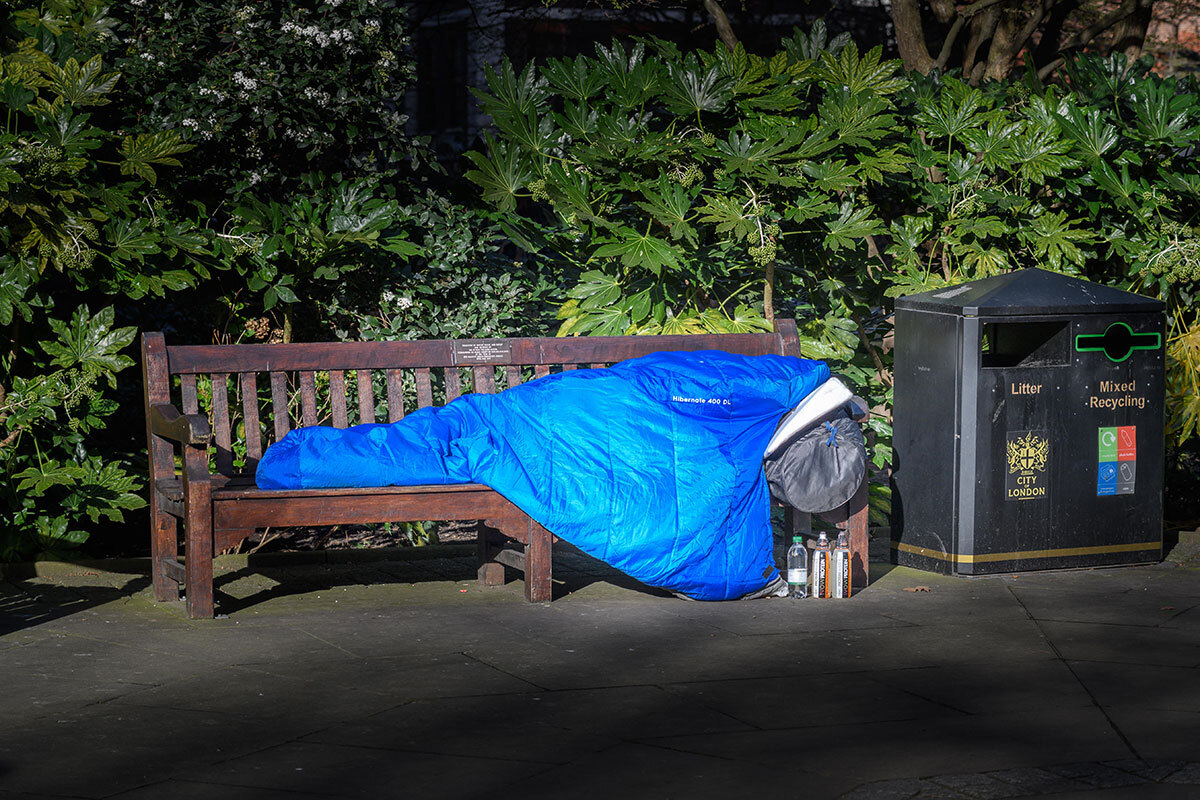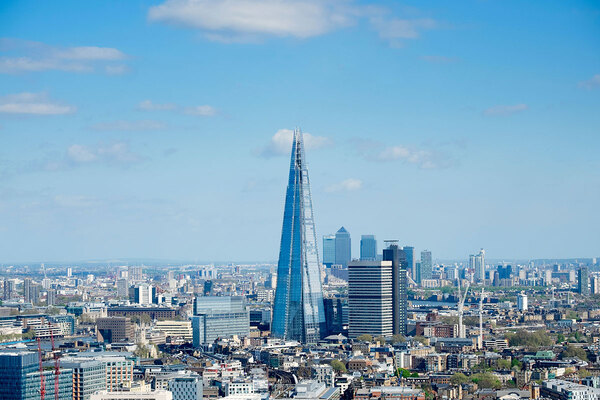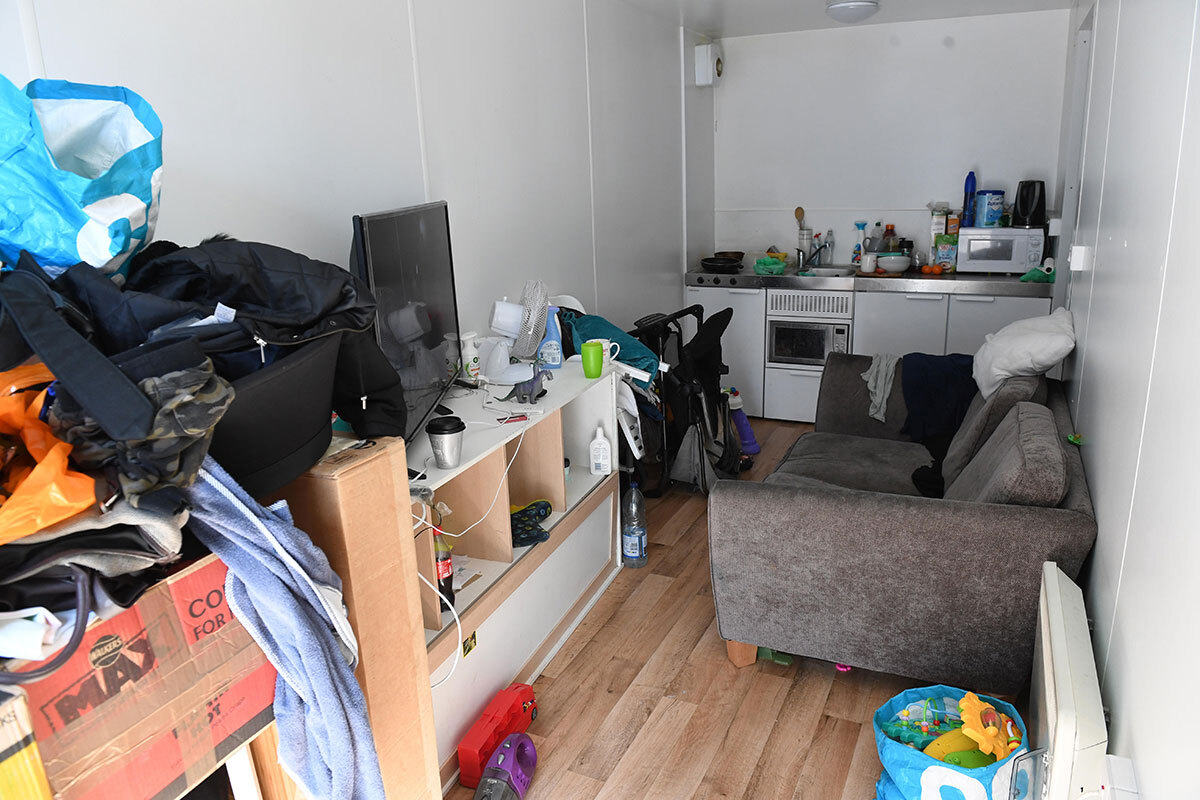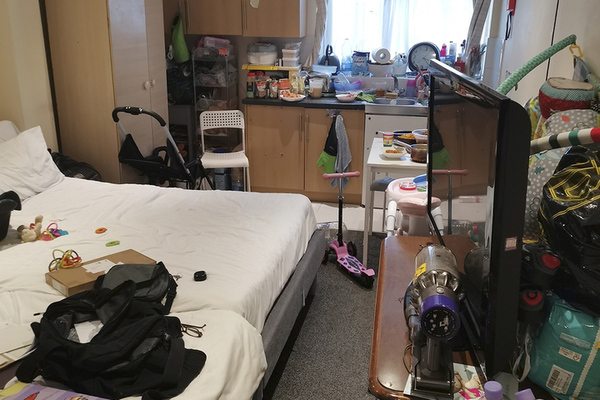Largest quarterly increase in people forced to sleep rough in London since the pandemic
The government’s target of ending rough sleeping by next year appears to be out of reach after new data revealed the largest quarterly increase in people forced to sleep rough in London since the pandemic.

The latest figures from the Combined Homelessness and Information Network (CHAIN) have shown that 2,086 people were found to be sleeping on the streets of London for the first time between July and September.
This is a 13% increase in new people seen sleeping rough in the same quarter last year, and a 29% increase from April to June this year.
In total, 4,068 people were sleeping rough across the capital between July and September this year. This is a 12% increase on the same quarter last year and a 24% increase from April to June this year.
Of those forced to sleep rough, the data showed that almost half (49%) had mental health needs and more than 550 (14%) were aged 55 or above.
The data also showed that the progress made to tackle rough sleeping during the pandemic has now been lost. The figures are 36% higher than when the Everyone In scheme, which provided people rough sleeping with emergency accommodation during the pandemic, was in place.
The cross-party group London Councils has warned that the capital’s homelessness crisis is “spiralling out of control”.
The group had previously pointed out that boroughs in the capital will need to make over £500m of savings next year to balance their budgets, in part because of the cost of dealing with homelessness.
Darren Rodwell, executive member for regeneration, housing and planning at London Councils, said: “This spike in rough sleeping numbers is the latest evidence of London’s worsening homelessness crisis.
“Tackling rough sleeping requires a range of policy measures, as well as close partnerships between different agencies and long-term funding commitments for the frontline services keeping people off the streets. The government must work with councils and other key partners to address these matters urgently, otherwise this winter looks set to be extremely bleak.”
A key factor driving the increase in rough sleeping is the recent increase in the number of people leaving Home Office accommodation after receiving decisions on their asylum applications.
London Councils is urging the government to extend the 28-day ‘move-on’ period – during which newly recognised refugees are expected to move out of Home Office accommodation and into new housing arrangements – to 56 days.
Emma Haddad, chief executive of St Mungo’s, also expressed her concern about the large increase in non-UK nationals, who represented 52.6% of people sleeping rough in the capital during July to September.
She said: “The pressure of these rising figures is being felt across St Mungo’s, as requests for immigration advice and emergency housing increases.
“Our outreach teams are meeting more and more refugees on the streets. Being granted refugee status in the UK should be an immensely positive time in someone’s life, but finding yourself homeless is anything but a warm welcome to the country.”
Lee Buss-Blair, director of operations at Riverside, said: “This provides further evidence that London is facing its most acute housing and homelessness challenge for many years.
“At the same time, research has shown that the cost of renting a home in London has increased by 20% since March 2020 and the number of homes available for private rent has fallen by 41% since the COVID-19 pandemic.
“We support the strengthening of renters’ rights to help reduce the number of people affected by rough sleeping and homelessness in our capital.
"However, without proper funding for local authority housing support, many will be left without the housing they need to get back on their feet.”
Matt Downie, chief executive of Crisis, also called for an uplift in housing benefits in the upcoming Autumn Statement.
He added: “Make no mistake, the Westminster government’s target of ending rough sleeping by next year is now completely out of reach. But we must not give up and just accept more and more people forced to sleep on our streets.
“We need a different approach from the government to ensure more people aren’t forced to bed down in a cold doorway this winter. To do this, the chancellor must invest in housing benefit at the upcoming Autumn Statement.”
Tom Copley, deputy London mayor for housing and residential development, has sent a letter in response to figures to housing and homelessness minister Felicity Buchan.
Mr Copley called on the government to freeze private sector rents and ban Section 21 evictions, alongside lifting the benefit cap and unfreezing Local Housing Allowance rates.
“As winter fast approaches, and we work to safeguard some of our most vulnerable Londoners during the cold weather, these decisions cannot wait any longer,” he added.
A Department for Levelling Up, Housing and Communities spokesperson said: “We want to end rough sleeping and prevent homelessness before it occurs.
“That’s why we are spending over £2bn over three years to tackle the complex issues, including over £530m in London to help prevent evictions and support people off the streets. Our landmark Renters’ Reform Bill will also give tenants greater security in their homes.
“We are also providing a £200m fund to deliver an extra 2,400 homes by 2025 to support people who are at risk of sleeping rough.”
Sign up for our homelessness bulletin
Already have an account? Click here to manage your newsletters











